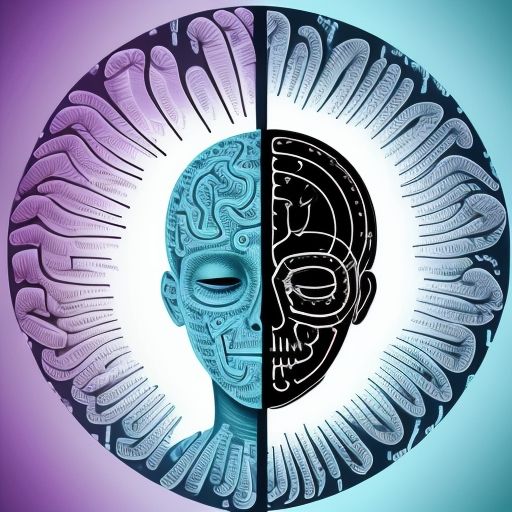Epilepsy is a complex neurological disorder that affects millions of people worldwide. While most individuals are aware of the typical symptoms associated with epilepsy, such as seizures, there are other, lesser-known signs that can signal the presence of this condition. In this article, we will explore 5 often overlooked signs for epilepsy that individuals should be mindful of to seek timely medical attention and appropriate care.

Unexplained Mood Changes
Jane, a 32-year-old teacher, started experiencing sudden bouts of intense irritability and unexplained mood swings. She found herself getting angry or sad for no apparent reason, which was out of character for her. After further evaluation, it was discovered that these mood changes were actually subtle seizures known as focal aware seizures. In some cases, epilepsy can manifest through changes in mood, emotions, or behavior, so it's crucial not to dismiss these shifts lightly.
Sudden Memory Loss
Michael, a 45-year-old businessman, began noticing episodes where he would forget simple tasks or conversations that had just occurred. At first, he attributed this to stress or aging. However, upon consulting a neurologist, he was diagnosed with temporal lobe epilepsy. Memory problems, including bouts of amnesia or forgetfulness, can be early warning signs of epilepsy, especially when they occur in conjunction with other symptoms like confusion or disorientation.
Intense Deja Vu Sensations
Sarah, a 27-year-old artist, started experiencing intense sensations of deja vu that were accompanied by unusual smells or tastes. She would often have a strong feeling that she had lived through a specific moment before, even though it was happening for the first time. These phenomena, known as aura-like experiences, can precede a seizure. While deja vu itself is a common occurrence, recurring and intense feelings of familiarity should not be overlooked as they could point to epilepsy.
Unexplained Physical Symptoms
David, a 50-year-old carpenter, began noticing peculiar physical sensations like tingling in his limbs or sudden jerking movements. Initially, he dismissed these symptoms as muscle fatigue or random occurrences. However, upon consulting a healthcare provider, he was diagnosed with epilepsy. Unexplained physical symptoms, such as tingling, twitching, or jerking, could be signs of seizures, especially if they occur repeatedly and without an obvious cause.
Sudden Emotional Outbursts
Emily, a 38-year-old nurse, started experiencing sudden emotional outbursts, including fits of laughter or crying that seemed disproportionate to the situation at hand. These emotional episodes, known as gelastic seizures (laughter) or dacrystic seizures (crying), can be indicative of epilepsy affecting the frontal or temporal lobes of the brain. While emotional responses vary from person to person, persistent and unexplained outbursts warrant medical evaluation.